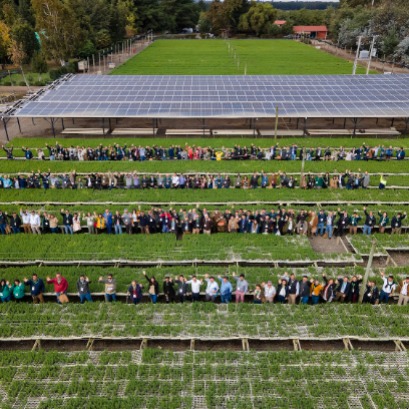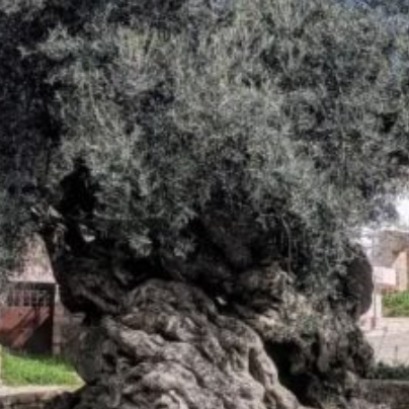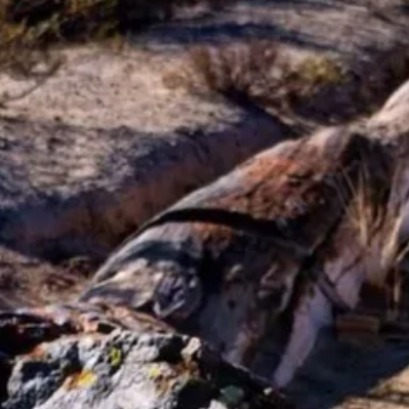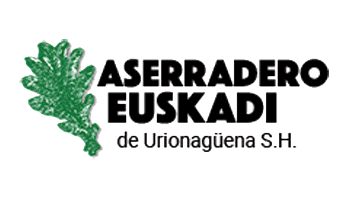
Chile | Trawü Forestal celebrated its 20th version with focus on the challenges and opportunities of the sector
The traditional meeting brought together the small, medium and large forest companies, state agencies and international experts, in the Agromen nursery of the Itata Valley, Ñuble region, to share experiences and strengthen the Chilean forest chain. This Thursday, May 29, the 20th version of the Forestry Trawü, an annual event organized by Corma and the Agromen company, which has established itself as one of the most relevant meeting spaces for small and medium forest companies in the country, was held.
The appointment took place at the Central Agromen nursery, in the Itata Valle Outstanding specialists. The Public and Corporate Affairs Manager of Agromen, Paula Contreras, said that this event aims President of the Society of Forest Producers of Uruguay, Lucía Basso, who will share the advances and learning of the forest model of her country. Taking the opportunity to participate in this event is, without a doubt, an excellent occasion to share and exchange experiences with the Chilean forest sector. It also represents a valuable instance to count the development and dimension of the forestry sector in Uruguay, which directly impacts the life of more than 30 thousand people, Basso said. The Uruguayan representative also explained that this growth has been possible thanks to a state policy sustained for more than 35 years, backed by eight successive governments of different political signs. This has allowed developing an industry under high international sustainability standards, both socially and environmentally, although we still have important challenges such as infrastructure, logistics and normative stability to attract investments. The meeting addressed issues such as sustainability, innovation, social impact and productive challenges. The manager of Corma Biobío and Ñuble, Margarita Celis, explained that the Forestry Trawü is a space of trust and this year we will honest our challenges honestly, such as the loss of planted surface, the closure of sawmills and the impacts of the fires, but also projecting a vision of the future based on sustainability, innovation and bioeconomy. for generating real connections among all the actors in the territory. Therefore, this meeting is held in the field, in a participatory format. From Ñuble, we want to continue promoting a renewable industry, which contributes to the neutrality carbon of the country and local development with a long -term look. The program also highlights visions of the sector from the State, with the executive director of Conaf Aida Baldini; from the communities and the environment, with Balloon Latam; and from the productive world, with the president of the College of Forestry Engineers of Chile, Simón Berti.
IT MAY INTEREST YOU
 Experts cant believe it, but this tree is the oldest in the world and continues to bear fruit: it is 4,000 years old.
Experts cant believe it, but this tree is the oldest in the world and continues to bear fruit: it is 4,000 years old.
Nature keeps secrets that defy the passage of time, and one of the most surprising examples is a tree that, approximately 4,000 years old, continues to bear fruit today. This specimen has become a symbol of resistance and longevity, capable of surviving climate changes, landscape transformations and human activity itself.
 The forest of the oldest shadows: the story of the petrified trees
The forest of the oldest shadows: the story of the petrified trees
One of the natural treasures of Río Negro turns 23 years old under the protection law that allows its conservation. Where it is and how it was formed. Río Negro celebrates 23 years of conservation in the petrified forest as a Protected Natural Area (ANP). It is a space of 625 hectares that protects an exceptional site of fossil trunks that date back more than 60 million years.
 Missions | New illegal felling in the Piñalito Provincial Park in San Pedro reveals the silent expansion of deforestation in protected areas
Missions | New illegal felling in the Piñalito Provincial Park in San Pedro reveals the silent expansion of deforestation in protected areas
The advance of deforestation on protected areas was once again evident this week in the Piñalito Sur Provincial Park, in San Pedro, where the Ministry of Ecology and Renewable Natural Resources confirmed a new case of selective illegal logging. The event occurs in a context of growing concern about the fragility of the environmental control system in rural and border areas, where the scarcity of resources, personnel and logistics limits the capacity of surveillance against criminal organizations organized to steal native woods and market them on the black market in connivance with sawmill owners.





















